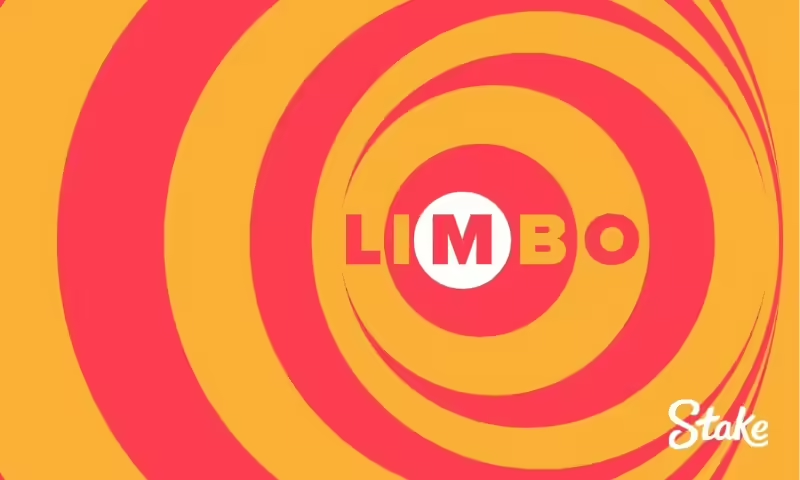Privacy coins Zcash and Monero are at risk of being delisted by cryptocurrency exchanges.

Leading cryptocurrency exchange OKX announced its decision to delist 20 spot trading pairs in the new year.
Among the tokens listed are several privacy-focused cryptocurrencies, including the three largest ones: Monero (XMR), Zcash (ZEC), and Dash (DASH). The exchange has already suspended deposits of these cryptocurrency assets and trading will be suspended from January 5th.
The announcement made on Friday did not specify the rationale for the delisting, other than that it was “based on feedback from our users” and that the token “does not meet our listing criteria.”
Cryptocurrencies other than privacy coins are also scheduled to be delisted. Blockworks requested clarification of exchange policies.
Customers must withdraw these assets by March 5, 2024.
Full list of trading pairs to be delisted; Source: OKX
Binance, a leading cryptocurrency exchange, has been grappling with its policy on privacy coins and announced its decision to delist several popular coins in May before withdrawing in June.
Read more: Binance withdraws privacy coin delisting from some EU countries
Privacy coins as a category have been a source of tension between the cryptocurrency industry’s founding ethos of privacy and pseudonymity and the growing pressure to comply with global regulatory standards.
Privacy coins are designed to provide greater anonymity than other cryptocurrencies such as Bitcoin by obscuring transaction details, including the parties involved and the amount.
But the enhanced privacy protections have come under scrutiny from regulators around the world due to concerns that the technology underpinning these assets could be misused for illicit activities such as money laundering, terrorist financing and economic sanctions evasion.
In response to these concerns, cryptocurrency exchanges are caught between the legitimate needs of their customers to protect their privacy rights while complying with the laws and regulations that govern financial transactions globally.
For example, the European Union’s Cryptocurrency Market Regulation (MiCA) states: “The operating rules of crypto asset trading platforms should prohibit trading of crypto assets unless the owner of the asset has a built-in anonymization feature. Cryptocurrencies and their transaction history may be identified by cryptocurrency service providers that operate cryptocurrency trading platforms.”
Technical solutions are available to meet this obligation, which is mandated by December 2024, but this will require collaboration between privacy coin developers and cryptocurrency exchanges. For example, the Zcash community has been discussing options on public forums for months and has proposed four solutions:
According to community member “aquietinvestor”, Binance rejected this offer.
“The only action available is to implement an ‘exchange-only’ address type. Failure to do so will result in ZEC being delisted from the Binance exchange. Binance is giving you until February 29, 2024 to comply,” they wrote on Tuesday.
There are two types of Zcash addresses: transparent (t-address) addresses, similar to Bitcoin addresses, and shielded (z-address) addresses, which provide strong privacy protection.
“Exchange-only” addresses are ‘transparent’ and do not offer the privacy features of z-addresses, but may be required by the exchange for deposit and withdrawal transactions.
Blockworks has reached out to Binance for comment but has not yet received a response.
The real-world impact of OKX’s decisions may be limited by recent trading volume figures. According to CoinGecko, OKX’s largest trading pair, XMR, had a 24-hour volume of approximately $2.5 million, while the ZEC trading pair totaled approximately $7.5 million. This is approximately half of Binance’s trading volume.
But the move reflects a larger shift in the cryptocurrency landscape, where exchanges are increasingly prioritizing regulatory compliance.
Finding ways to balance privacy while preventing misuse of privacy technologies is an ongoing research focus within the cryptocurrency industry.
Read more: Privacy is paramount, and zero-knowledge encryption is the way to do it.
Don’t miss these important stories: Sign up for our free daily newsletter.



